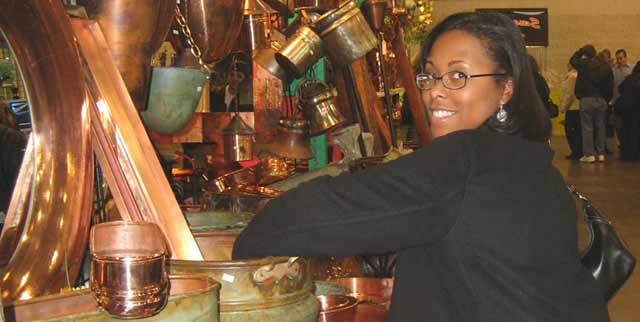I have a pretty small kitchen, it’s not as small as some New York City kitchens I’ve seen but for Suburban standards its sub par at best. Because in my opinion my kitchen is so space challenged I can’t wait for the summer months where I can basically move my kitchen outdoors to the great wide open. My grill becomes the outdoor stove. I’ve always been a bit of a grilling snob, no propane for me it was charcoal or nothing, “I’m a purist” I would tell people, just me, my Weber kettle, and a bag of charcoal. But over the past couple of years I started to have a nagging suspicion that all of that black smoke couldn’t be a good thing for me or the environment. So this year before I kicked off my unofficial grilling season I wanted to make sure that I was grilling sustainably.
I knew I had the right provisions to put on the grill, chickens from a local farm share, lean grass-fed beef, local and/or organic veggies but how would I make the actual grilling experience more eco-friendly/sustainable. The first thing that had to go was the lighter fluid; actually I got rid of that harsh toxin a couple of years ago but the occasional bottle would mysteriously pop up from time to time (my husband being the culprit).
The next thing I looked at were the charcoal briquettes I was using, sure enough I quickly discovered that Kingsford was not my friend. Charcoal briquettes are basically made of four things, wood, coal, a binding agent such as starch from corn or wheat, an accelerant like nitrate and an ash whitening agent like lime. All of these things sound natural enough but the problem is when you fire up your grill and those briquettes begin to smoke they end up releasing over 100 times more Carbon Monoxide than a propane gas grill not to mention the VOCs (Volatile Organic Compounds) that contribute to smog, liver, kidney, and nervous system damage. So what’s the alternative?
Grills fueled by propane gas are a dime a dozen these days, all sizes, all price points, (even my friends at Weber have a few) electric and solar models are becoming quite popular as well. Gas grills produce about half the amount of CO2 as charcoal. But if you’re a charcoal purist like myself look for FSC-Certified Charcoal, lump charcoal instead of briquettes, wood chips like mesquite (which give a great flavor to your meats), and there’s even coconut shell charcoal out there that also gives a great flavor and burns less VOCs.
Knowledge is power and now that you know get out there and enjoy the grilling season!
Next week: I’ll be back later on this month with a report on my Municipal Council meeting concerning my town’s forthcoming 2010 Community Farmers Market.
Heather Jones is a wife, mother, freelance food writer, and graduate of the Institute of Culinary Education in New York City. She has worked for Gourmet Magazine, TV Personality Katie Brown, and the New York based Indian-fusion restaurant Tabla. Heather resides in New Jersey with her husband and two daughters. She is a strong supporter of the Sustainable Food Movement and believes that education is the key to making a difference.


